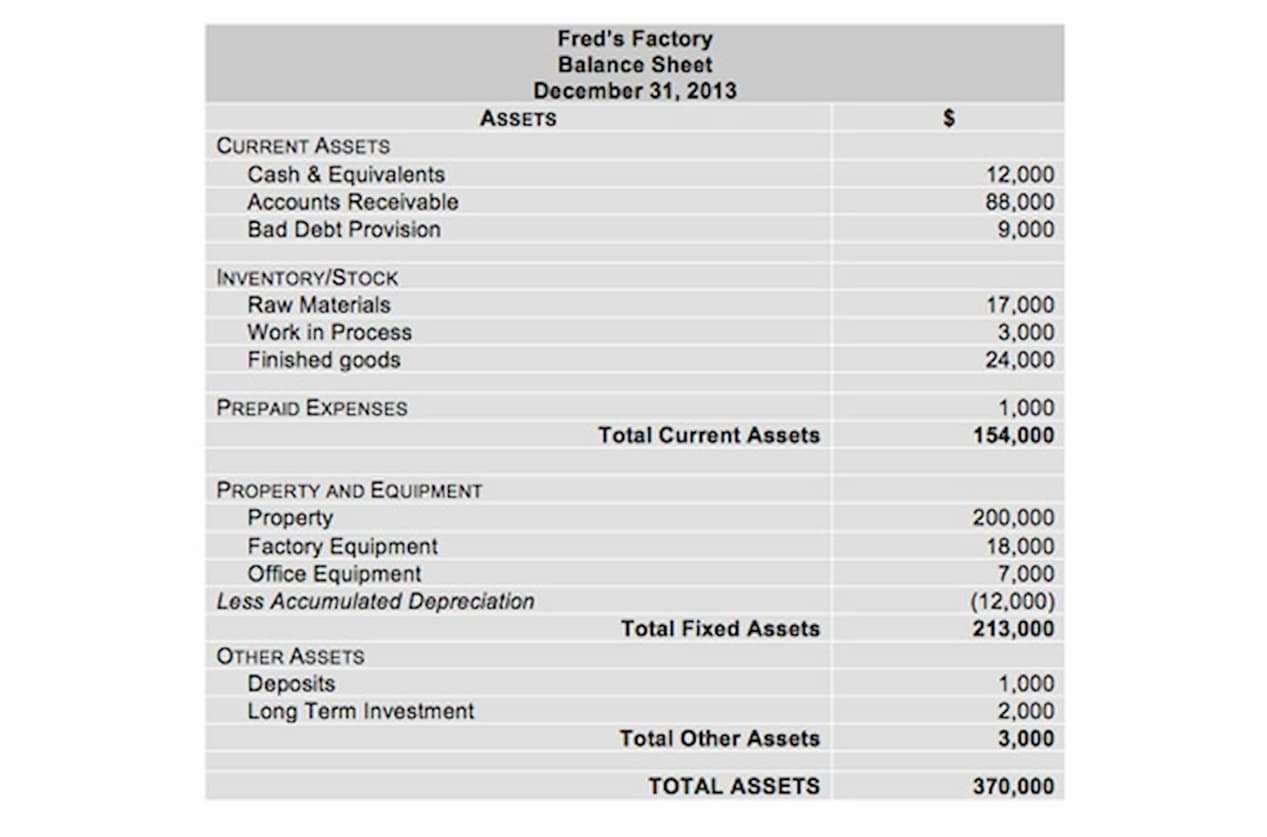
The opening balance serves as the foundation upon which a company’s financial activities for the accounting period are built. The audit process includes testing the transactions that reduce the Opening Balance Accounting for Churches Equity account. Auditors trace these transactions to ensure they are accurately reflected in the company’s financial statements and that they comply with the disclosure requirements of the applicable accounting standards.

UK Tax Rates, Thresholds and Allowances for the Self-Employed
- For example, if a new owner invests cash into the company, the cash account is debited, and the Opening Balance Equity account is credited for the same amount.
- The treatment of Opening Balance Equity is guided by established accounting frameworks, which provide the principles and standards for its management.
- The significance of Opening Balance Equity extends beyond mere numbers on a ledger; it ensures continuity and accuracy in financial reporting.
- The opening balance is the amount of funds in a company’s account at the beginning of a new financial period.
- It acts as a temporary holding spot, reflecting the net value of a company’s assets minus its liabilities at the start of a new accounting period.
- It not only displays expertise and boosts credibility but also opens up possibilities for growth and advancement.
Failing to include opening balances will mean that your figures will be off for your accounting period, so always remember to enter your closing balances and carry those forward when you start a new set of accounts. Failing to do so means that you will find it harder to create a cash flow forecast that can change the way you operate your business. The balance sheet is a financial statement that shows the company’s assets, liabilities, and equity. The equity section of the balance sheet shows the company’s retained earnings, which are the profits that the company has earned and retained over time. The Opening Balance Equity account is used to ensure that the company’s retained earnings are accurate and up-to-date. Moreover, integrating payment solutions with accounting software can help minimize potential errors and guarantee precision in your financial records.

Opening Balance Equity in QuickBooks
Opening balance equity is Certified Public Accountant a term used in accounting to describe the initial balance of equity in a business at the start of a new accounting period. This balance is usually created when a new company is formed or when a company changes its legal structure. In other words, it represents the difference between a company’s assets and liabilities at the beginning of a new accounting period. The Balance Sheet opening balance is the financial snapshot of a company at the very start of a new accounting period. It represents the carry-over from the ending balances of the previous period, reflecting the company’s assets, liabilities, and equity at that specific point in time.
- You will then transfer that closing balance to next month’s balance sheet, which will become the opening balance for that period.
- Anyone entering the world of business accounting for the first time will find a whole range of unfamiliar terminology being bandied about.
- If you’re unsure about any aspect of your taxes or need assistance with financial tax planning, consulting tax advisors at Sleek will save you time, money, and potential headaches.
- Not closing out this account makes your balance sheet look unprofessional and can also indicate an incorrect journal entry in your books.
- In this case, the last entry in the old accounts is the opening balance in the new accounts.
Staff Spotlight: Megan Williams, Compliance Officer

This will be the first entry in a ledger account at the beginning of an accounting period. In other words, the closing opening balance equity balance of your previous accounting period will become the opening balance for the new accounting period. The Chart of Accounts is a list of all accounts used by a company to record financial transactions. During the setup process, QuickBooks will prompt users to enter the opening balances for each account. If the user does not have this information, QuickBooks will create an entry in the Opening Balance Equity account to balance the books.

Assets
Accountancy Net recognized the gap in the market in the provision of accountancy and compliance services for entrepreneurs, startups and established business in e-commerce. The method for determining opening balances varies between new and existing businesses, as explained in the subsequent sections. Not having an accurate financial picture of where all the money is coming from may affect whether you make big financial moves. If you’re new to business accounting, there’s may be some unfamiliar terms coming your way. As part of our series of accounting FAQs, we cover common accountancy terms to help you understand exactly what everything means. Currently Accounting Manager at Mooncard, Yannick Agbohoun was one of the company’s first employees.
- Jami has collaborated with clients large and small in the technology, financial, and post-secondary fields.
- Her areas of expertise include accounting system and enterprise resource planning implementations, as well as accounting business process improvement and workflow design.
- The Opening Balance sets the stage for a new financial chapter, enabling businesses to navigate the intricate landscape of transactions, credits, and debits with confidence and clarity.
- Opening balances are important if you transfer your accounts from one accounting system to another.
- The best practice is to close opening balance equity accounts off to retained earnings or owner’s equity accounts.
- When setting up a new company file, QuickBooks will prompt users to enter the opening balances for each customer account.
- Therefore, it is important for businesses to ensure that their accounting records are accurate and up-to-date.
